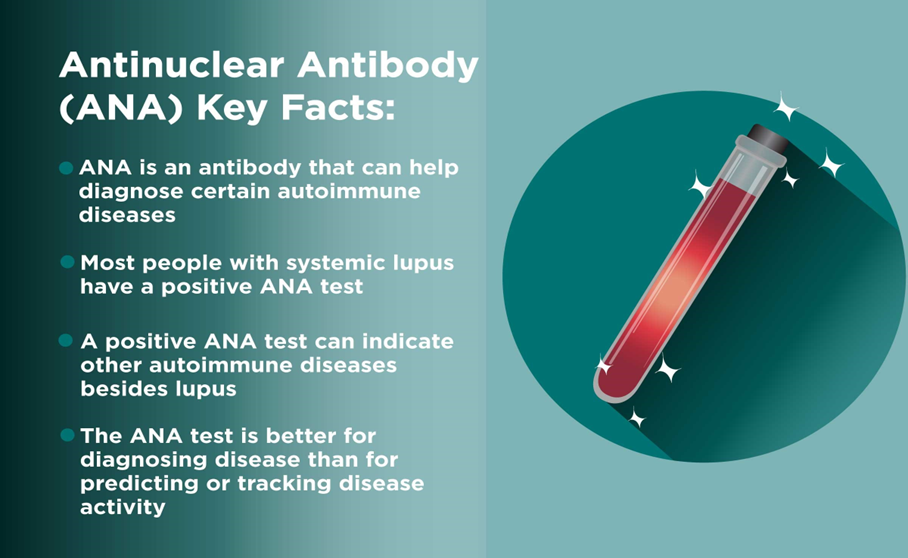A nurse is instructing a newly licensed nurse on how to obtain a fecal occult blood test from a patient.
What information should the nurse include?
Apply four drops of developing solution to each stool specimen.
Use toilet paper to transfer the stool specimen.
Wait 30 seconds after applying the developing solution to obtain the results.
Collect two stool specimens from the same area of the stool.
Correct Answer : C
The correct answer is Choice C.
Choice A rationale: Applying four drops of developing solution to each stool specimen is incorrect. Typically, the test requires two drops of solution. Following manufacturer instructions ensures accurate results and prevents unnecessary waste or inaccurate readings.
Choice B rationale: Using toilet paper to transfer the stool specimen is improper. Stool should be collected using the provided applicator stick to avoid contamination, ensuring the accuracy of the fecal occult blood test.
Choice C rationale: Waiting 30 seconds after applying the developing solution allows the chemical reaction to complete, ensuring accurate detection of any occult blood present in the stool sample.
Choice D rationale: Collecting two stool specimens from the same area increases the risk of missing occult blood present in different parts of the stool. Sampling from multiple areas enhances test accuracy and ensures comprehensive results.
Nursing Test Bank
Naxlex Comprehensive Predictor Exams
Related Questions
Correct Answer is ["A","B","C"]
Explanation
Choice A rationale:
Spinach is one of the most nutrient-dense vegetables. Just 1 cup (190 grams) of frozen spinach packs 12% of the DV for potassium. It’s also loaded with other nutrients. The same serving of frozen spinach contains 127% of the DV for vitamin A, 857% for vitamin K, 58% for folate, and 37% for magnesium.
Choice B rationale:
Potatoes are a staple food and are high in potassium. They are a versatile and filling food that can be included in a variety of dishes. Potatoes are also a good source of vitamin C and dietary fiber.
Choice C rationale:
Bananas are known as potassium-rich foods. A medium banana contains around 9% of the DV for this mineral. Most people consider it the go-to food to increase their potassium intake. However, bananas are not the only good source of potassium.
Choice D rationale:
Apples are a healthy choice and provide some potassium, but they are not as high in potassium as the other choices. Therefore, while apples are a good part of a balanced diet, they would not be the first recommendation for someone needing to increase their potassium intake.
Correct Answer is ["A","D","E"]
Explanation
Choice A rationale:
Antinuclear antibody (ANA) titer is a blood test that detects the presence of antinuclear antibodies, which are autoantibodies that target the body's own tissues. These antibodies are often present in people with autoimmune diseases, including rheumatoid arthritis.
While a positive ANA test does not definitively diagnose rheumatoid arthritis, it can support a diagnosis when considered alongside other clinical findings and laboratory tests.

Choice B rationale:
Blood urea nitrogen (BUN) is a blood test that measures the amount of urea nitrogen in the blood. Urea nitrogen is a waste product that is produced when the body breaks down proteins.
BUN levels can be elevated in people with kidney disease, dehydration, or certain other medical conditions. However, BUN is not specifically used to diagnose rheumatoid arthritis.
Choice C rationale:
Urinalysis is a test that examines the urine for various substances, including cells, bacteria, and chemicals.
It can be used to diagnose a variety of conditions, including urinary tract infections, kidney disease, and diabetes. However, urinalysis is not typically used to diagnose rheumatoid arthritis.
Choice D rationale:
Erythrocyte sedimentation rate (ESR) is a blood test that measures how quickly red blood cells settle at the bottom of a test tube.
A high ESR can indicate inflammation in the body.
ESR is often elevated in people with rheumatoid arthritis, as it is a marker of inflammation.
Choice E rationale:
White blood cell count (WBC) is a blood test that measures the number of white blood cells in the blood. White blood cells are part of the immune system and help fight infection.
A high WBC count can indicate an infection or inflammation.
WBC count can be elevated in people with rheumatoid arthritis, as it is a marker of inflammation.
Whether you are a student looking to ace your exams or a practicing nurse seeking to enhance your expertise , our nursing education contents will empower you with the confidence and competence to make a difference in the lives of patients and become a respected leader in the healthcare field.
Visit Naxlex, invest in your future and unlock endless possibilities with our unparalleled nursing education contents today
Report Wrong Answer on the Current Question
Do you disagree with the answer? If yes, what is your expected answer? Explain.
Kindly be descriptive with the issue you are facing.
